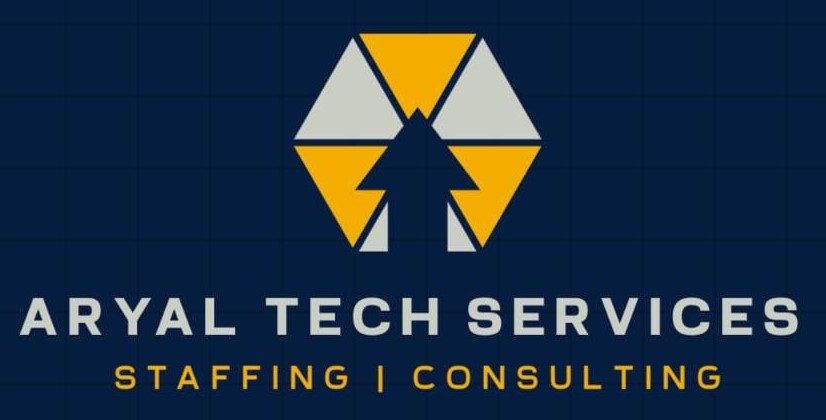
Full-Cycle Recruitment
Full-cycle recruitment, also known as end-to-end recruitment, refers to the comprehensive process of managing the entire hiring lifecycle, from identifying talent needs to onboarding new employees. It begins with understanding the company’s workforce requirements, followed by creating detailed job descriptions, sourcing candidates through various channels, and engaging in proactive talent outreach. Recruitment specialists handle everything from screening applications and conducting initial interviews to coordinating with hiring managers for further assessments.This thorough approach ensures that candidates not only meet the job qualifications but also align with the company’s culture and long-term goals. The process continues with reference checks, negotiating offers, and ensuring a smooth transition for candidates into their new roles. After a candidate accepts an offer, full-cycle recruiters assist with onboarding, ensuring they are adequately prepared for their new responsibilities.

Benefits of Full-Cycle Recruitment
Time-Saving
Streamlined processes from start to finish reduce the time-to-hire, allowing companies to fill positions faster without compromising quality.
Tailored Talent Search
Recruitment is customized to meet specific organizational needs, ensuring that only the most qualified candidates with the right skill sets are considered.
Cultural Fit:
Full-cycle recruiters assess not only technical qualifications but also how well candidates align with the company’s values and culture, leading to better integration and employee satisfaction.
Our Process
Recruitment and Onboarding:
This involves attracting, interviewing, hiring, and welcoming new employees. It ensures that the right talent is recruited and smoothly integrated into the organization, equipped with the tools and information they need to succeed.
Performance Management:
HR oversees the evaluation of employee performance, setting goals, providing feedback, and conducting regular reviews. This process helps align employee contributions with organizational objectives and fosters professional development.
Payroll and Benefits
Administration: HR manages employee compensation, ensuring accurate payroll processing, and handles benefits like health insurance, retirement plans, and leave policies. This ensures compliance with legal regulations and boosts employee satisfaction.

